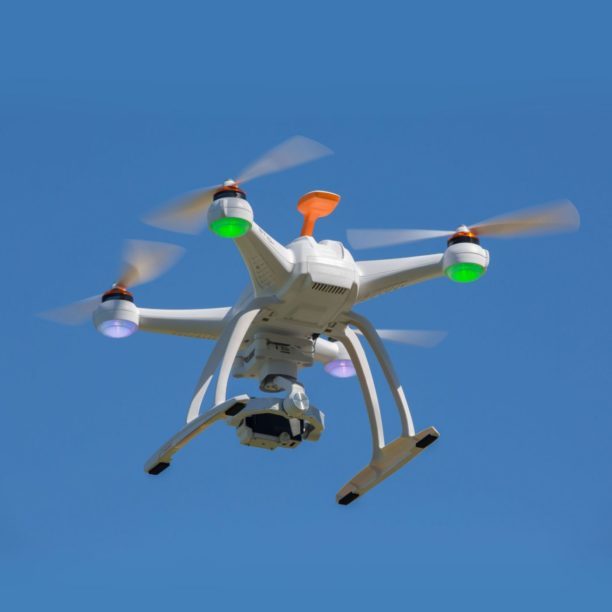 The argument over Section 336 – and whether or not recreational drone operators should be subject to new FAA regulations – continues. Ranking Member DeFazio of Oregon has proposed an amendment to Section 336 of the Federal Code. The amendment would force recreational drone operators to comply with a number of requirements including passing an aeronautical knowledge test and registering their aircraft.
The argument over Section 336 – and whether or not recreational drone operators should be subject to new FAA regulations – continues. Ranking Member DeFazio of Oregon has proposed an amendment to Section 336 of the Federal Code. The amendment would force recreational drone operators to comply with a number of requirements including passing an aeronautical knowledge test and registering their aircraft.
The proposed amendment also says that “Nothing in this section prohibits the Administrator from promulgating rules generally applicable to unmanned aircraft,…” Section 336 currently does not allow the FAA to enact new rules for recreational drone operators, a position which was upheld by a Federal Appeals Court when drone registration was deemed unlawful.
The discussion over whether or not recreational operators should be subject to regulations as commercial operators are has heated up recently in light of bad publicity over “rogue drones” – operators flying too close to passenger aircraft or other restricted areas. The incidents have caused some in the commercial industry to call for stricter control of recreational flyers, fearing that more bad publicity could cause legislators to enact regulations that would limit legitimate commercial applications. Advocacy groups for recreational operators, such as the AMA, have defended responsible recreational operators who fly under the guidance of a community based organization; taking the position that education of existing rules would be a more effective route to airspace safety.
The new FAA Reauthorization package, under negotiation in Congress now, provides a convenient vehicle for new laws, lending additional pressure to the discussion. The current extension expires in September.
The Commercial Drone Alliance, an advocacy group for enterprise drone adoption, today issued a statement in support of the proposed amendment.
Commercial drone (or “UAS”) use in the U.S. is growing at an exponential rate. To promote the continued growth of the UAS industry, the Commercial Drone Alliance believes that basic ‘rules of the road’ are necessary for all UAS operators in the national airspace system. The FAA must be allowed to require registration, remote identification, and tracking of all UAS in the sky. This step is necessary to enable the FAA to move forward with rulemakings to allow operations over people, beyond visual line of sight, and other expanded operations that will facilitate the expansion of the commercial drone industry, while also providing a solution to safety, security, and privacy concerns.The Alliance therefore strongly supports Amendment #136 offered by House Transportation and Infrastructure Committee Ranking Member DeFazio, which enables the FAA to impose safety regulations on all drone operators. This reform is critical to ensure the safety and security of the national airspace. Other amendments that have been offered to reform Section 336 do not achieve the same safety, security and pro-innovation effect.
The Alliance recognizes that there are different categories of users and aircraft in the UAS community, and we encourage the FAA to take those differences into account in adopting regulations. We remain ready to work with lawmakers and other industry stakeholders to find a solution that unleashes the potential of the drone industry in a safe and secure way.

Miriam McNabb is the Editor-in-Chief of DRONELIFE and CEO of JobForDrones, a professional drone services marketplace, and a fascinated observer of the emerging drone industry and the regulatory environment for drones. Miriam has penned over 3,000 articles focused on the commercial drone space and is an international speaker and recognized figure in the industry. Miriam has a degree from the University of Chicago and over 20 years of experience in high tech sales and marketing for new technologies.
For drone industry consulting or writing, Email Miriam.
TWITTER:@spaldingbarker
Subscribe to DroneLife here.







[…] FAA Reauthorization Act of 2018 directed the FAA to develop a recreational drone operator test: the drone industry […]